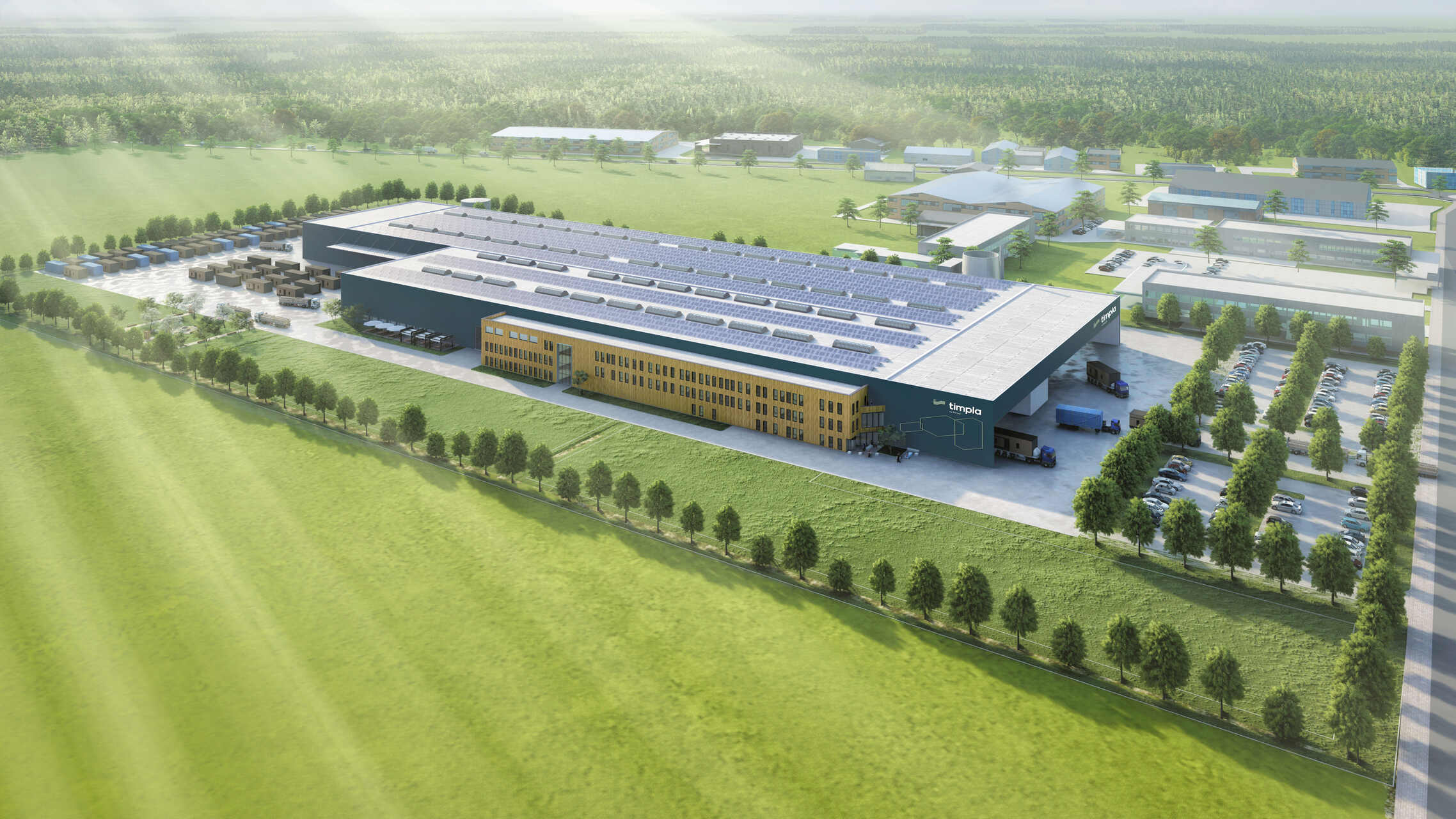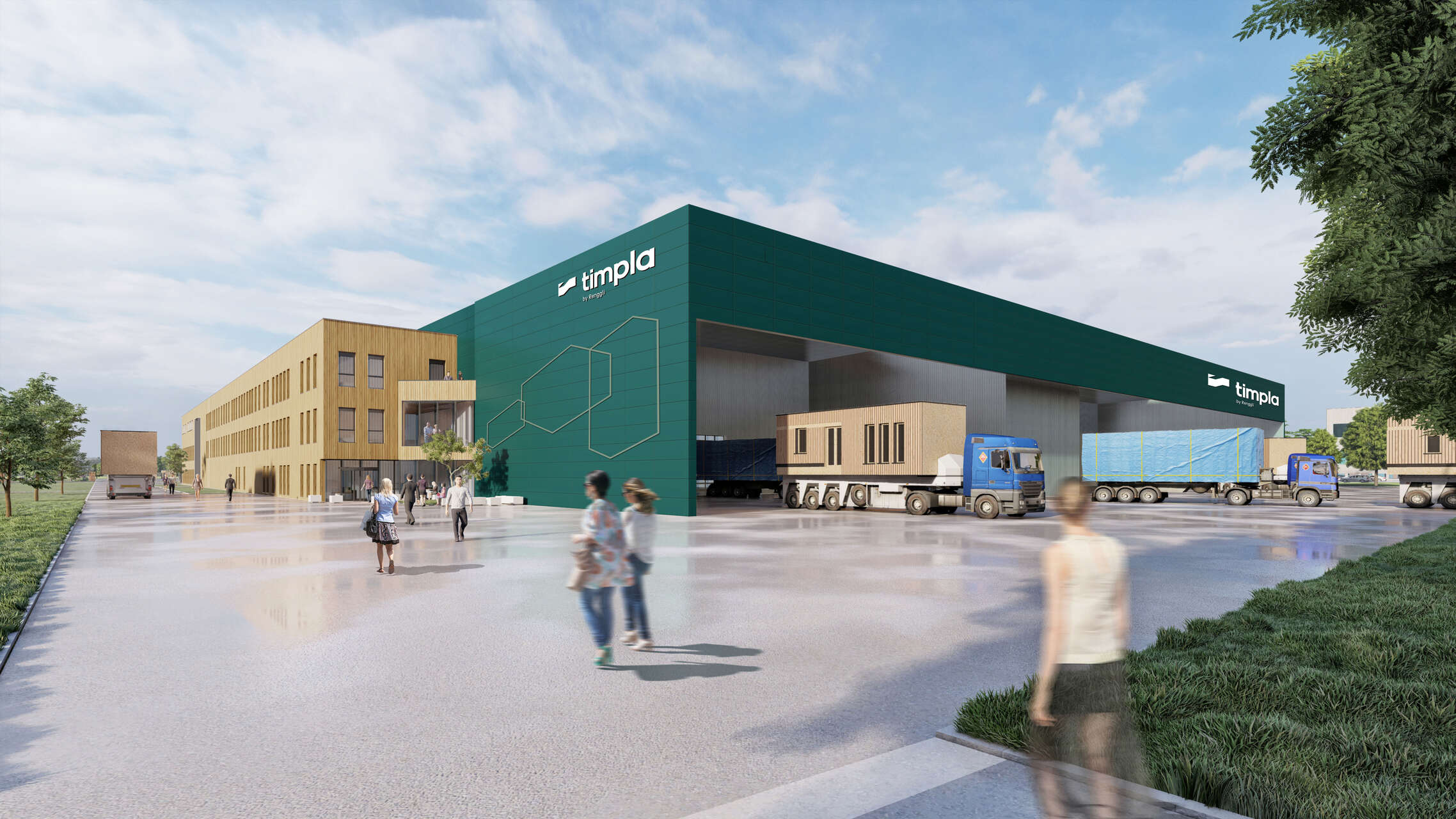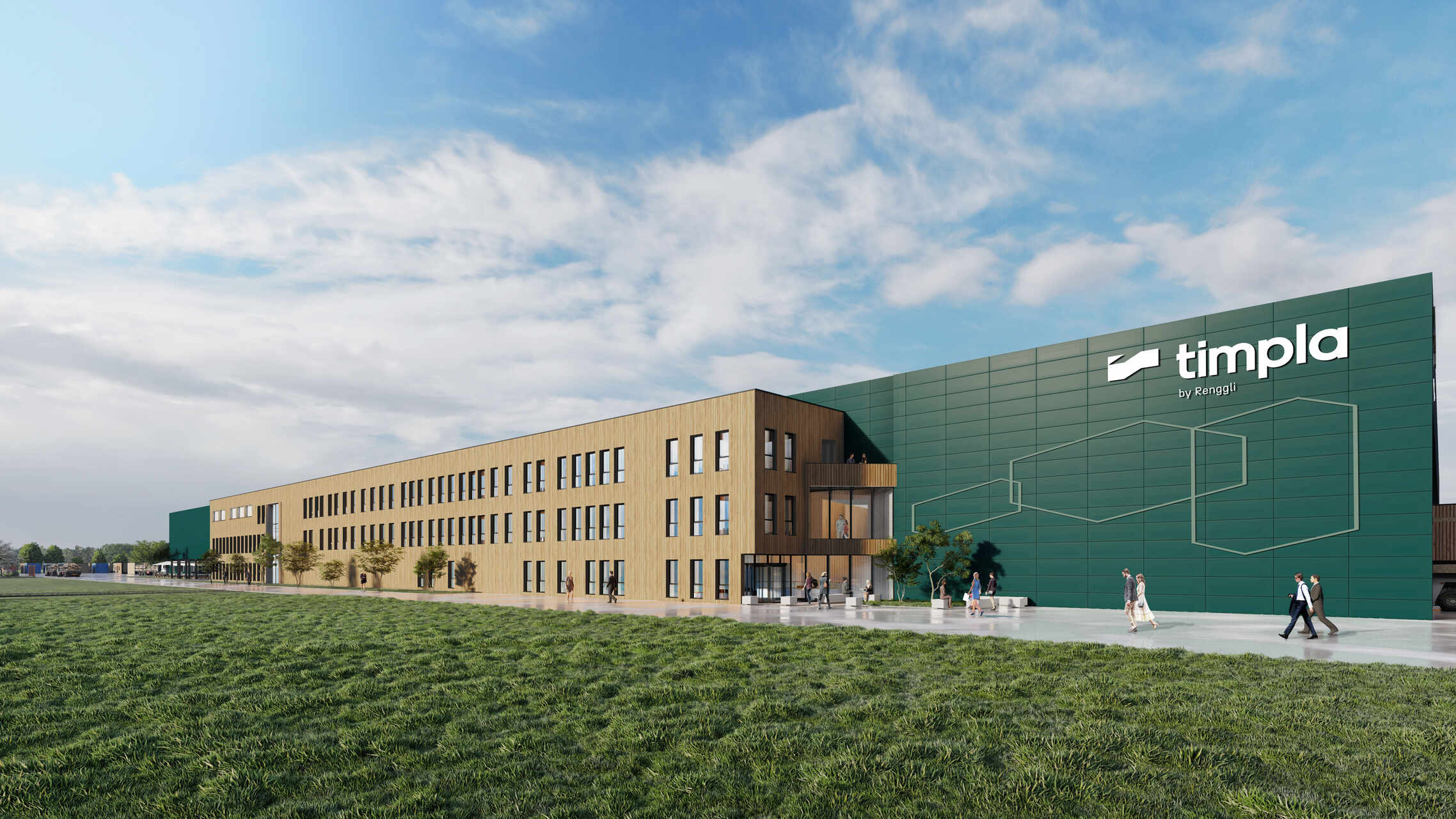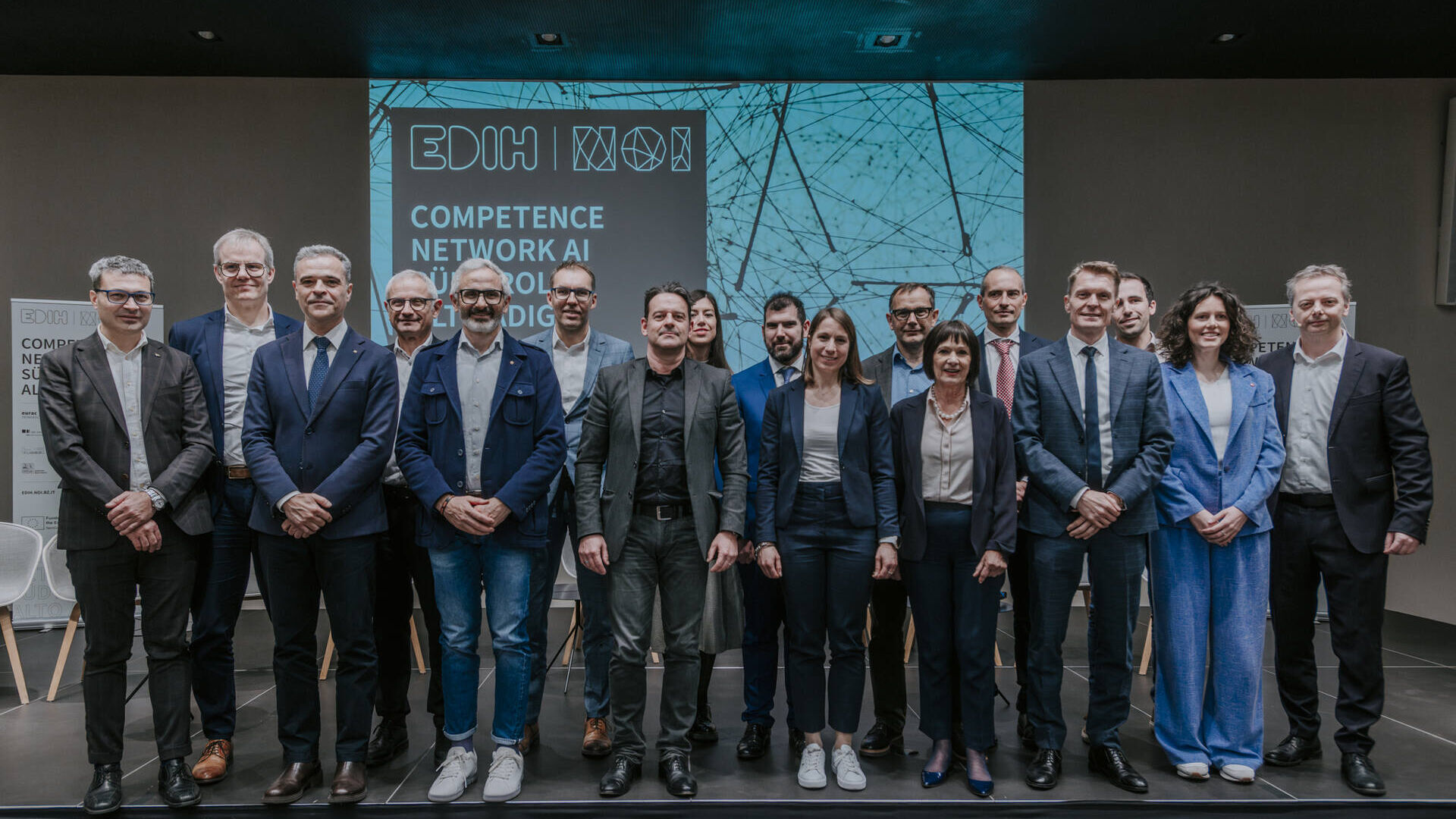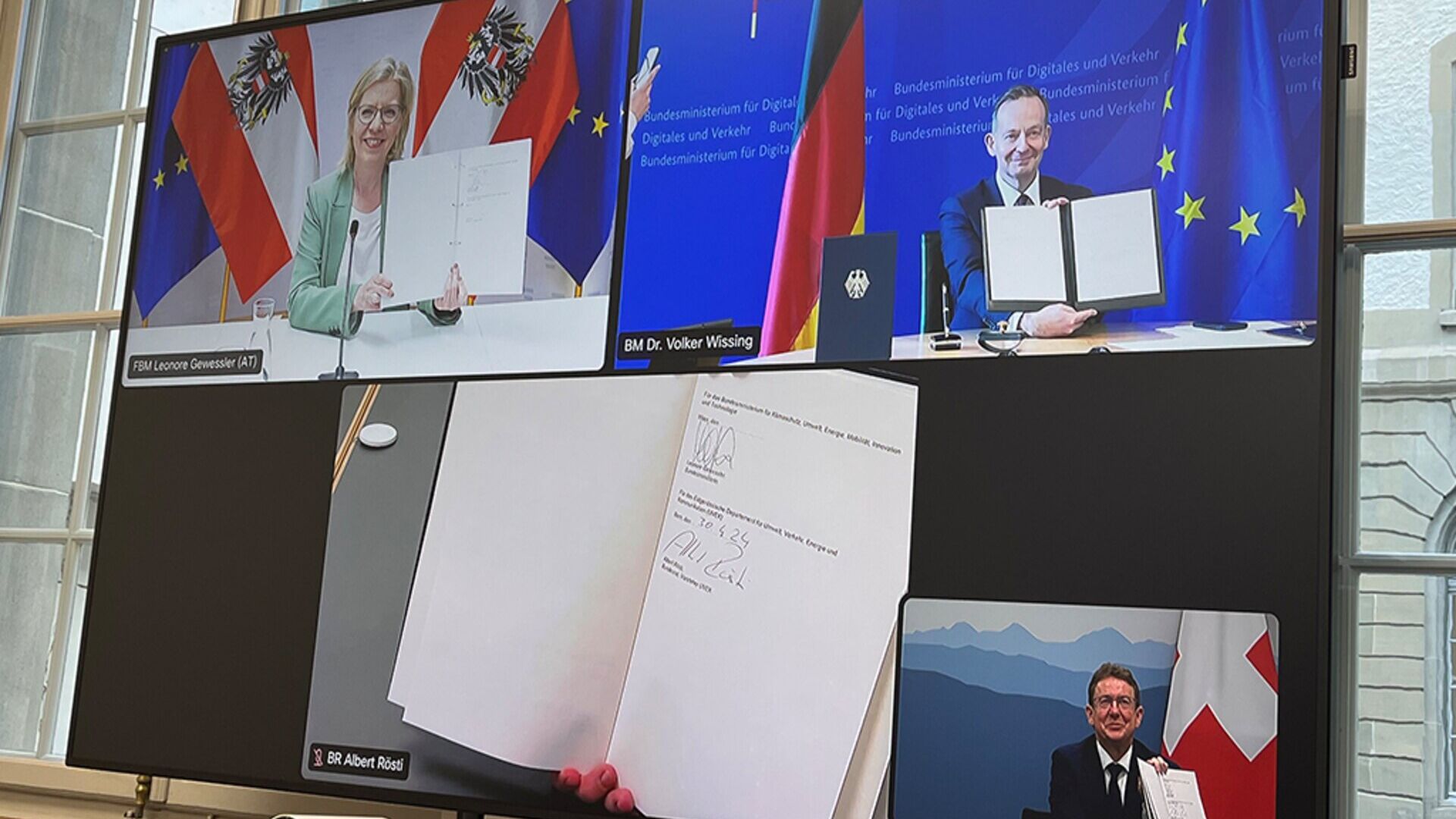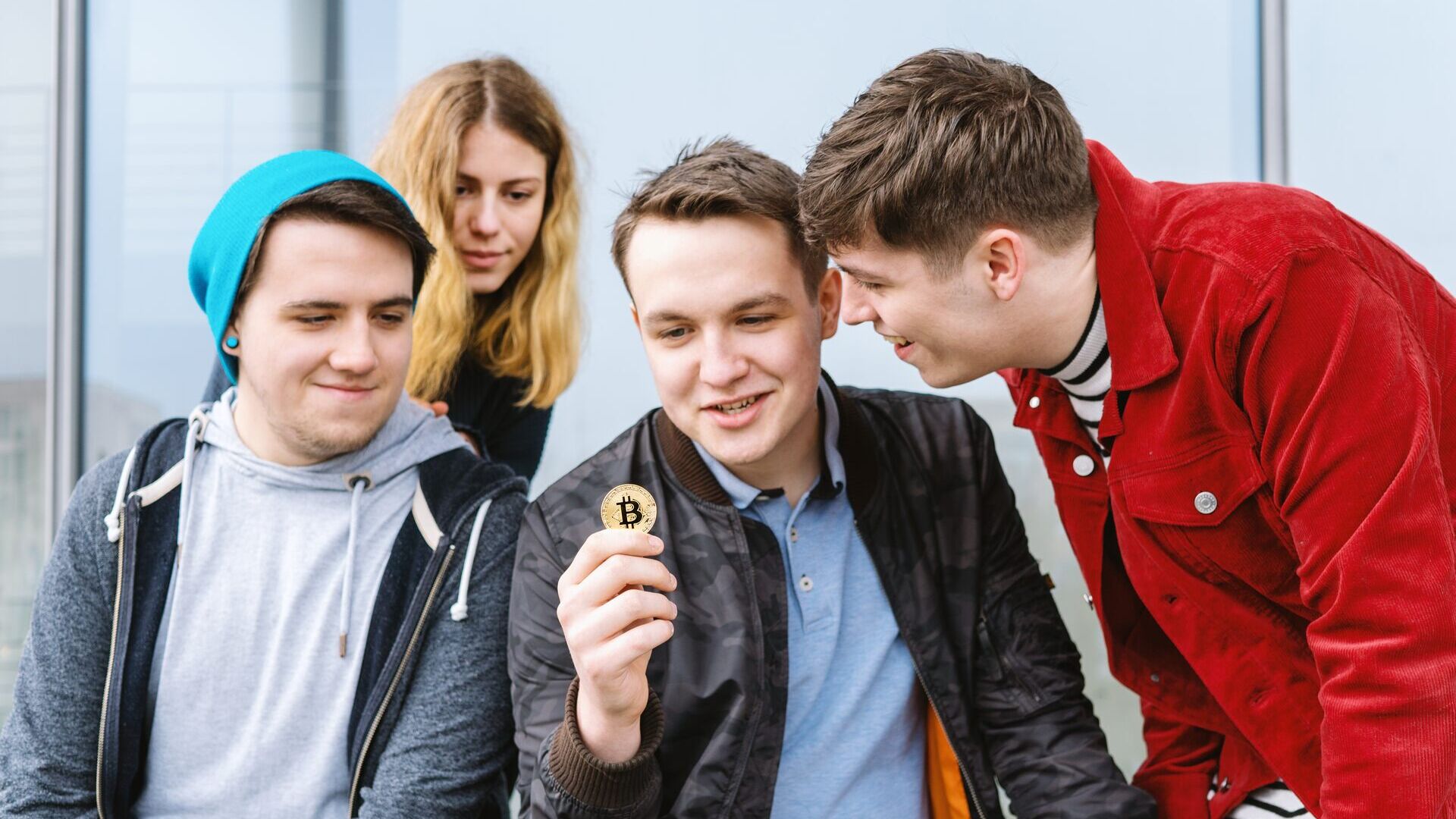Roland Kühnel: “There are seven deadly sins of current construction”
For the CEO of timpla GmbH, which opened Germany's largest wood module factory, "we are slowly building to death..."
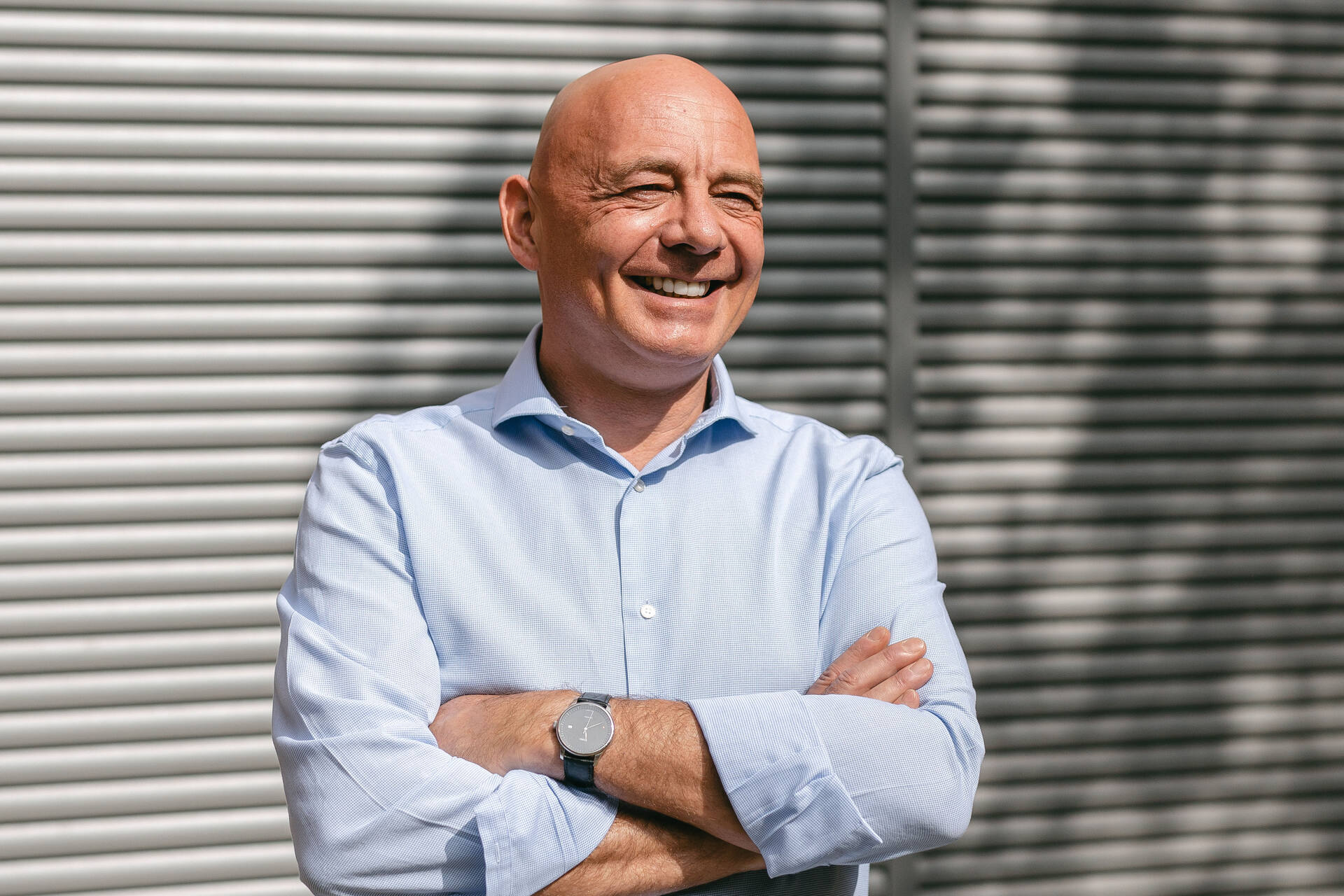
The construction sector is at a turning point, facing the urgent need to integrate sustainability and innovation to meet the challenges of the twenty-first century.
In this context, Roland Kühnel, managing director of the company timpla GmbH from Eberswalde in Brandenburg, provides in-depth insights in an interview and discusses the crucial challenges that the construction industry will have to face.
The conversation highlights the so-called "seven deadly sins of construction" which, according to the German manager and entrepreneur, the industry will have to overcome to create a more sustainable future.
With his own expertise and vision, he outlines the need for a paradigm shift in construction culture and in the technologies used in order to identify long-term solutions to current problems.
Under the B2B brand “timpla by Renggli”, timpla GmbH acts as a supplier of multi-storey houses in serial-type modular wooden constructions.
All components such as wall structures, ceilings or technical installations are already digitally designed and grouped in an IT component catalogue.
timpla digitally adapts them to individual customer needs, such as property dimensions, available surfaces or facades and room and room combinations, and much more.
In this way, the company managed by Roland Kühnel constructs individual buildings starting from standardized components that do not appear to derive from mass production.
This company is a real driver of the real estate transition towards more sustainable and immediate construction and therefore represents part of the solution to the housing and climate crisis.
Its shareholders, Renggli AG, Saxovent, Sächsische Ärztebedarf and MQ Real Estate, founded timpla GmbH two years ago.
The groundbreaking ceremony for Germany's largest wood module factory was held on September 15, 2022, with production scheduled to begin in the summer of 2024.
A more sustainable cement is ready for the construction of the future
Wood is the "jolly" innovation for the Swiss energy transition
Paola Veglio's innovative urban regeneration for Cortemilia
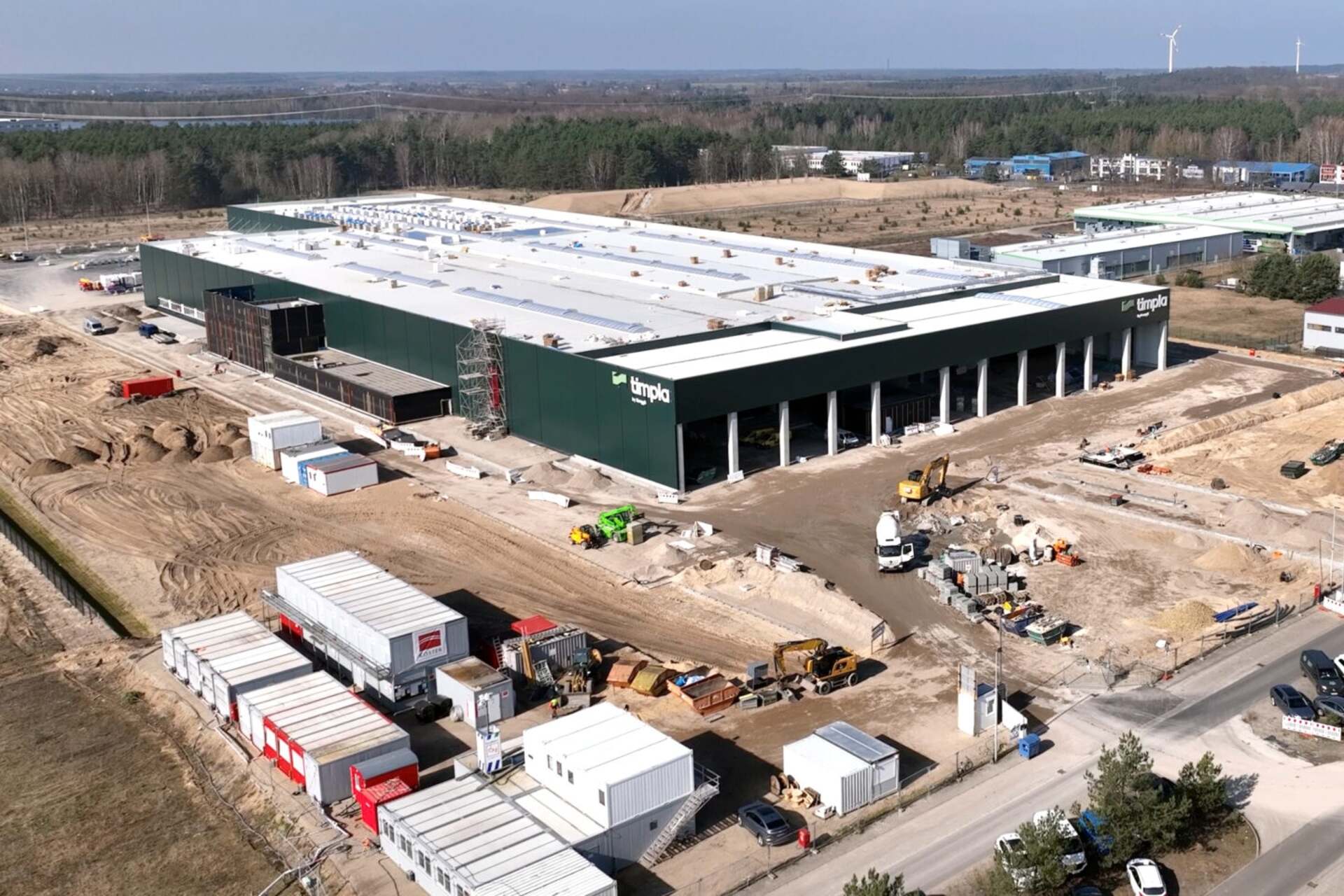
(Photo: timpla GmbH)
Mr Roland Kühnel, what is the real situation in the construction sector?
"That's no good. And this in many respects, not just the economic one. The construction sector is probably facing the biggest challenge in its history. One thing is for sure: we are literally building slowly to death…”.
What does he mean? Can you explain this in more detail?
"Where do I start? The challenges are many. Let's start with economic conditions: in recent years the real estate sector has benefited from very low interest rates. It seemed like we were living in a sort of financial doping, for the use and consumption of the construction sector. However, higher interest rates today coincide with higher construction and purchase costs. To put it bluntly, this all feels like a sudden sledgehammer blow to the industry. These are just the economic and short-term factors, though. This quickly led to the crisis and bankruptcy of some companies. My statement is aimed more at additional factors, the long-term ones, which I increasingly take into consideration. I like to call them 'the seven deadly sins of building'...".
Sustainable construction starts with public toilets: the project in Sri Lanka
The "acoustic black holes" of wood as noise traps
Zero emissions and a better quality of life: “That's Smart City”

What does he mean exactly?
“The challenges of the construction sector can be divided into some critical areas, which I like to call 'the seven deadly sins of construction', and which I have no problem spelling out in detail:
1. We build in a way that is too harmful to the climate. This is mainly due to building materials, which have a mineral origin. Nonetheless, it is possible to receive the highest sustainability certifications in Germany and continue to build taxonomy-compliantly even with purely mineral construction methods.
2. We waste precious resources. The cement and concrete industry is once again emblematic of this: it requires large quantities of water, gravel and energy to package its products. However, gravel, sand and water are not infinitely available and have sometimes already been classified as critical resources.
3. We generate too much waste. The construction sector is one of the largest producers of waste. Construction rubble is almost never recycled and, if it is, it is only used for low-level purposes, such as road construction.
4. We build too elaborately. Anyone who comes from mechanical engineering or the software industry and lands in the construction industry experiences culture shock in the construction industry and feels like they have been transported back in time. The construction sector itself is responsible for some negative factors, such as inefficient organizational processes or the lack of digitalisation. The central state and the federal states are responsible for other critical issues, such as bureaucracy and excessive regulation. In no other sector has productivity developed as poorly as in the construction sector. This means that construction projects are often too expensive, too long and of poor quality.
5. We don't have enough skilled workers. According to the IG Bau union, there is a lack of around 300.000 workers and technicians with the skills needed to do well. Additionally, one-third of construction workers are 55 or older. Demographic change is still to come. This does not facilitate the transformation of construction.
6. We build too dangerously. In 2022, one hundred thousand construction workers were injured and 74 even died.
7. Lack of innovation and responsibility. Many construction industry players follow outdated methods, supported by existing regulations. Attention to product quality and customer experience is largely missing. There is often a build-to-government mentality.”
Vincent Callebaut's creative construction is also going viral in Montpellier
The largest natural logo in the world grows in Paraguay
In Lugano, the technological revolution in building becomes an event
For which of the seven points or deadly sins do you at Timpla feel like offering alternative solutions?
“What I say will come as no surprise to the reader. Wooden houses store carbon and wood grows back thanks to trees, while concrete is responsible for massive polluting emissions. Nowadays, using current knowledge to certify houses built exclusively with mineral materials as sustainable is a form of greenwashing and denotes great ignorance of scientific developments. Wooden construction, on the other hand, is very suitable for reuse. And its mass application is driven by digital transformation. The Lean method guarantees efficiency and constant optimization. The end result is short construction times, compliance with budgeted costs and high quality.”
What is the point of contact between economic efficiency and natural materials, especially from your point of view?
“timpla by Renggli currently shows how sustainability and innovation can be successfully linked together. A current example is the introduction of the crowd investing campaign in collaboration with the GLS Crowd and WIWIN platforms. This initiative allows private investors to directly support the construction of mass-produced wooden spaces and rooms with a contribution of just 250 euros. It's not just about investing in the building itself, but about believing in the future and sustainable development. By participating in this campaign, investors have the opportunity to become part of a movement that aims to revolutionize the construction sector and make a positive contribution to climate protection.”
Sustainable construction: the… mushrooms protagonists among the green materials
Airlement: with 3D printing lightweight building materials from... waste
Innovative relocation of a building at the Lugano station
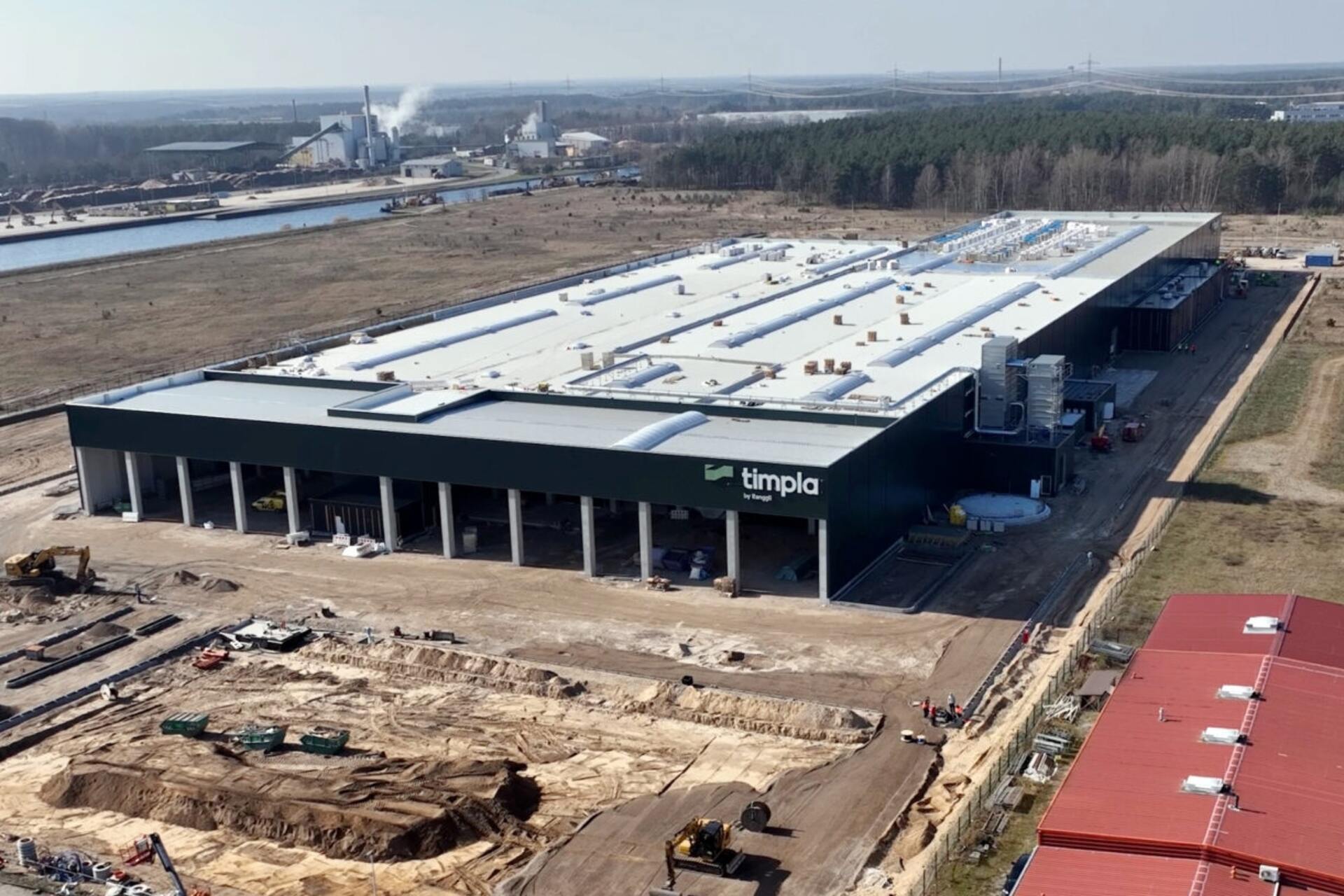
(Photo: timpla GmbH)
But isn't mass construction a bit of a step backwards in building culture?
“Why think that we would deploy a version 2.0, which in some ways is outdated? This is as much of a prejudice as the arguments raised by some against the use of wood. Mass construction has evolved. We are very far from the records of the 70s. From this discussion it seems that, for the majority of residential and office buildings, individual and very complex architectural concepts are implemented. The opposite is true. Just stroll through a typical German town. If most of the objects that make up a property were included from the beginning in the design phase, it would be better achieved with a mass-produced wooden construction and you wouldn't even notice it from the outside...".
But mass-produced wooden buildings are simply more expensive and, often, even "too expensive"...
“No, that's not exactly the case. If timber producers were involved early, they could offer negotiated or otherwise acceptable prices. Indeed, it is the redesign of mineral-based objects or the insistence on actually unfavorable planning that makes wood construction more expensive. What is much more important to note is that the current economic vision of construction projects in construction ignores the most important costs and shifts them to the general public, through the keyword of 'CO2 price'. Especially in the case of public procurement, there is a lack of reliable evaluation criteria within the tender regulations to ensure that the sustainability of different construction methods is also taken into account from an economic point of view when evaluating tenders. There are already good approaches in this sense, for example through the so-called 'shadow prices', used in some states of our Federal Republic".
RESKIN: the innovative smart project for green building
Vollebak Island: the self-sustaining island for humanity of the future
A 7 hectare vineyard on… the roof of the new Florence airport
Interview with Roland Kühnel, CEO of timpla GmbH: “This is the way forward”
The 50th week of work in the wooden module factory of the Timpla GmbH company
The 45th week of work in the wooden module factory of the Timpla GmbH company
The 42th week of work in the wooden module factory of the Timpla GmbH company
The 38th week of work in the wooden module factory of the Timpla GmbH company
The 16th week of work in the wooden module factory of the Timpla GmbH company
The 12th week of work in the wooden module factory of the Timpla GmbH company
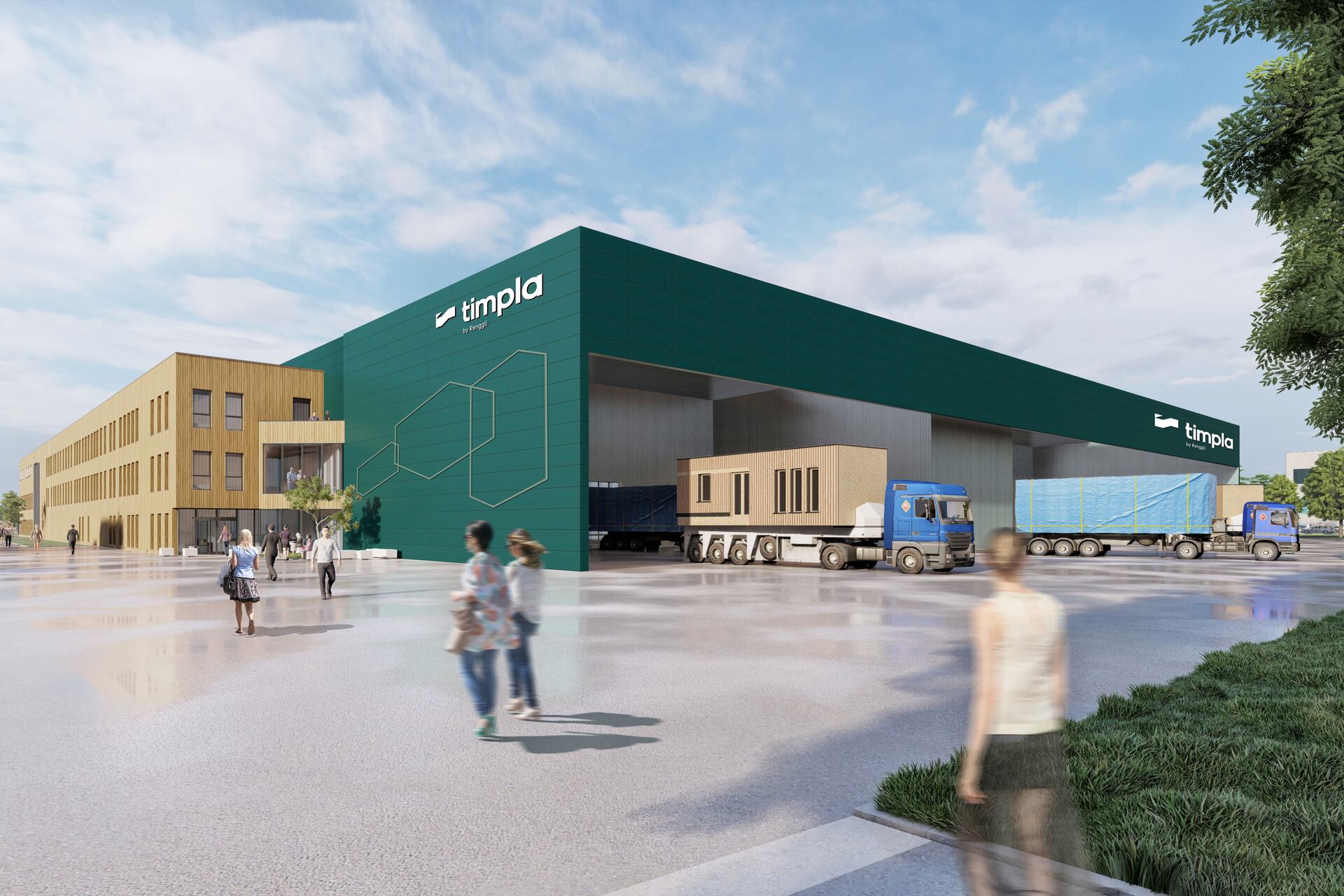
You may also be interested in:
In Alto Adige today EDIH NOI is the new point of reference for AI
4,6 million euros from the PNRR fund will be allocated to Bolzano for services to local companies in the digitalisation of intelligence…
by Editorial staff Innovando.NewsEditorial staff of Innovando.News
Austria, Germany and Switzerland for "more innovative" cargo railways
DACH Ministers Leonore Gewessler, Volker Wissing and Albert Rösti: the introduction of Digital Automatic Pairing is a key element
by Editorial staff Innovando.NewsEditorial staff of Innovando.News
Persuasion or manipulation? Genesis and historical impact of PR
This is how Public Relations, from the sophistic dialogue of ancient Greece to the current digital era, continues to offer continuous innovation
Young people and cryptocurrencies: how to find out more about Bitcoin…
Introducing kids to digital currencies and Blockchain can be an exciting endeavor, given their affinity for technology and innovation

